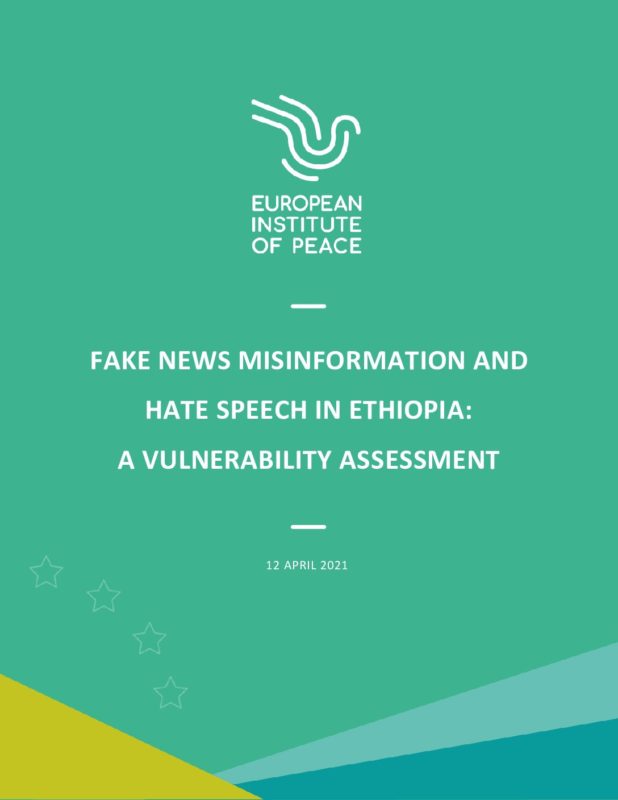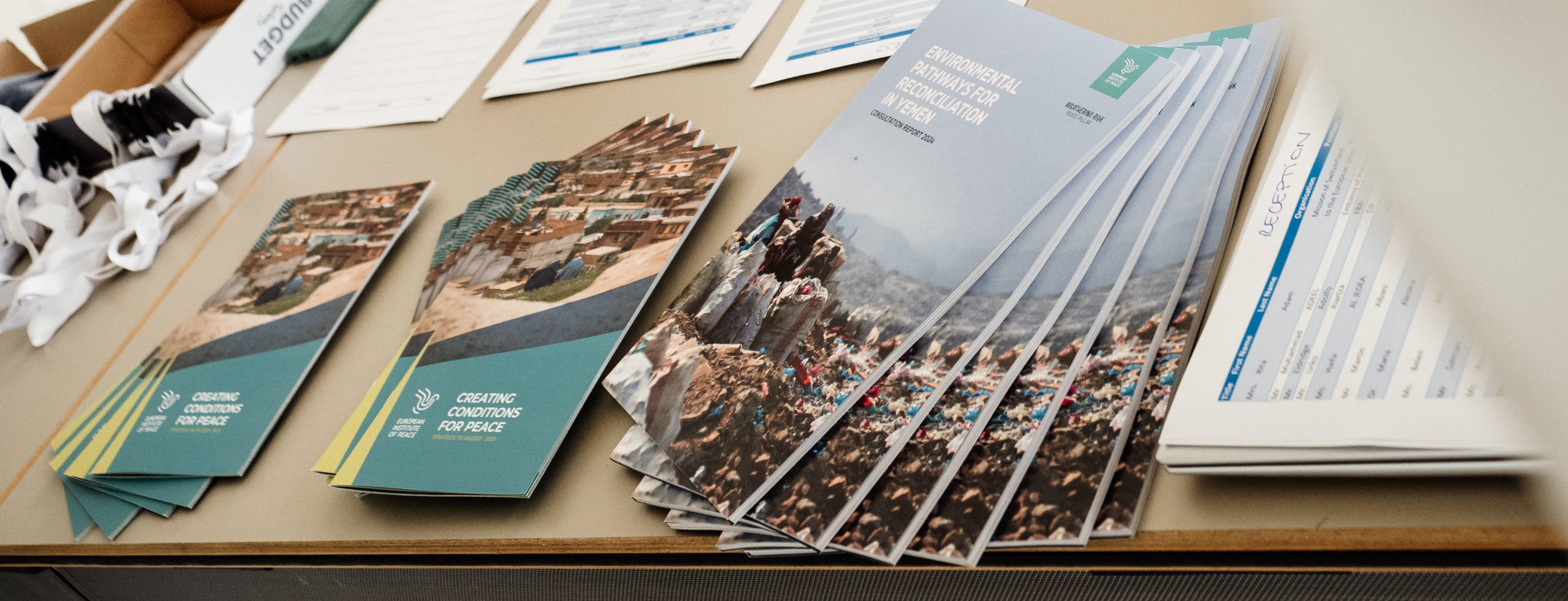Fake news misinformation and hate speech in Ethiopia: A vulnerability assessment

Fake news, misinformation, and hate speech have thrived in the Ethiopian media ecosystem, and particularly online. This is strongly correlated with significant, tragic, real-world consequences, exacerbated pre-existing tensions, and contributed to violence and conflict. To date, the Government of Ethiopia’s response to combating the spread of fake news, misinformation, and hate speech has been, by necessity, heavy-handed, with the go-to response to escalation being to turn off the internet for the entire country.
The vulnerability assessment aims to outline an approach and framework to improve the understanding of fake news, misinformation, and hate speech in Ethiopia, to develop a more nuanced and tailored approach to addressing a real national challenge. While this study is preliminary and indicative, drawing on a relatively small sample size, it is hoped that it can be illustrative and used to improve the national conversation regarding the federal response to fake news, misinformation, and hate speech. Still, it does not claim to be and should not be considered the final word on the matter.
The assessment found that Ethiopia’s media ecosystem’s weaknesses have made it vulnerable to fake news, misinformation, and hate speech. Some of the driving factors are undoubtedly historical, including the weak state of private media in Ethiopia, the critical role of the Ethiopian diaspora in media ownership, and the proliferation and wild rise in popularity of entertainment-news page services Facebook and Twitter.
The report proposes a pro-active and risk-based approach, which identifies likely and potentially fake news, misinformation, and hate speech flashpoints and lays out the actions that will be required to mitigate them

